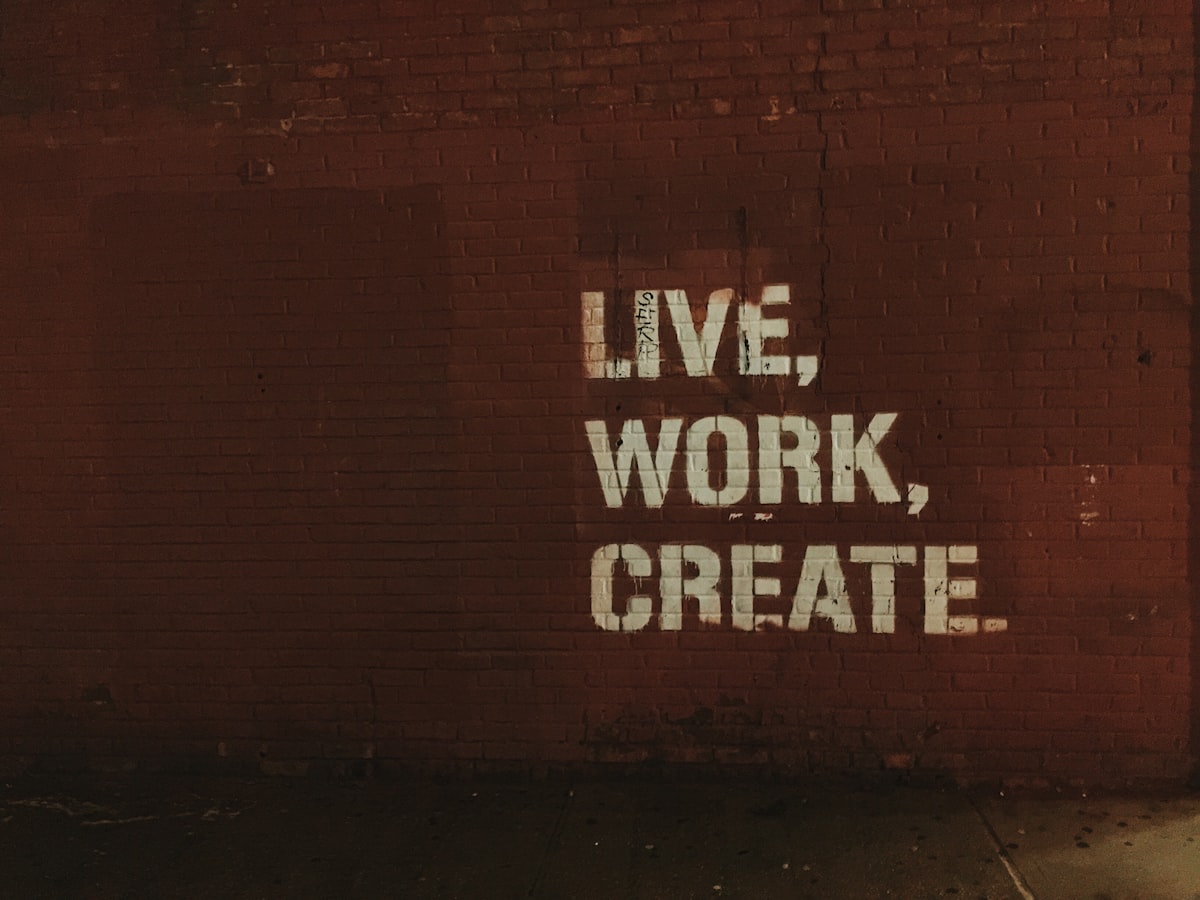Balance your life in less than 15.6k hours

60 hours a week for ~6 years without vacations allowed me to build and eventually sell my company. This was not a great use of my time. I could have had the same outcome with much better work life balance.
The rest of this post will talk about how I learned to better manage my time. Lots of this will make you say duh. However, it's important to realize that most things of value in life are perceived as duh. They're obviously the right thing to do and at the same time it's hard to do a lot of it.
I am not writing this because I expect this to blow your mind. I am writing this to remind you, that yes applying extra effort to implement this has positive outcomes. And that yes, compounding small improvements add up.
It took me ~15,600 hours to internalize this. I am a slow learner. Maybe you can do it a bit faster.
Self-control is finite
Just like physical muscles, the mental muscle of self-control can become fatigued through exertion, making it more difficult to exert self-control later. This is known as ego depletion.
Research has shown that self-control can be improved through a variety of techniques, such as mindfulness practices or goal setting. Mindfulness practices, such as meditation, can help you become more aware of your thoughts and emotions, which can make it easier to regulate them. Setting specific and challenging but achievable goals can also help to focus your self-control efforts. However, to do all of this, you need to expend self-control.
I had to understand that recurring situations in my life where I must expend self-control or to make choices on things I don’t care about, drained my ability to do well in areas I did care about.
The trope that always gets brought up here is Mark Zuckerberg and his shirts. While I haven’t gone to this extreme, I buy shirts so that I can pick any of them and be happy with whatever I have picked without thinking, and I apply this reasoning throughout my life.
Self-control is unreliable
On top of being finite, self-control can also be unreliable because it can be influenced by a person's environment and circumstances. For example, an individual may be able to exert self-control in a calm and controlled environment but may struggle to do so in a high-stress or chaotic environment. Additionally, your self-control can be influenced by your emotions, and you may be less able to exert self-control when you are feeling stressed, anxious, or depressed.
A system of behavior that can be very effective in self-control is habit formation. Habits are automatic behaviors that are triggered by specific cues in the environment. By identifying the cues that trigger unwanted behaviors, and then replacing them with new cues that trigger wanted behaviors, individuals can make it easier to exert self-control.
For example, I check Slack too often and let it interrupt focused work. The solution I found was to use an app called Quitter which closes Slack (and Messages, Whatsapp, and a few others) within 10 minutes of me not actively using them. This helped me break a negative habit of checking Slack and helped establish a habit of trusting notifications to be more relevant to the task I am doing.
Tools outperform people
By keeping track of how you spend your time, you can identify where they are spending too much time on distractions or unimportant tasks and adjust your behavior accordingly.
Tools helped me improve my self-control by providing cues and reminders to engage in desired behaviors, and by making it more difficult to engage in undesired behaviors.
One example of a tool that can act as a guardrail for self-control is a time-tracking app. I use a combination of the native Screen Time functionality and a third party time tracking tool called Timingapp. Screen Time is helpful for everything on the go, and then Tmingapp tracks everything on my laptop. Just having Timingapp installed has changed my behavior because I don't want to be disappointed when I look at the report at the end of the day.
Timelines and iterations
Someone may say to you "why don't you just spend more time outside of work". The word just does a lot of the heavy lifting there. The reality is that self-improvement is an ongoing effort. It will likely never be done. And progress will come in fits and spurts with you spinning your wheels. It's ok, that’s how it is for everyone who focuses on improvement and not performative change for social media.
Iteration is an extremely important part of self-improvement. This means that you must take consistent action, be mindful of your progress, and tinker with your strategies and routines until you achieve the results you want.
When you combine the reality of timelines and iteration you end up looking at something like James Clears 1% blogpost. The important takeaway for you shouldn't be that 1% better every day is your goal. The important takeaway is that 1% better is an impossibly high rate of improvement for most people.
You have failed, now what
You've put in the work. It's been years. You have decided that you want to give up. Work and life are not balanced. They won't be any time in the future.
So what? Is this worse than the person who overoptimizes for a hobby? Or for an addiction? Or anything else?
At some point you must understand who you are and accept that beyond a point you aren't going to change. I consider writing this post to be a form of work. I probably shouldn't be spending my time doing this right now. And yet here I am, 15.6k hours later. Maybe I will go play some Gran Turismo after this.
Take a moment to follow me at https://twitter.com/NothingEasySite and https://twitter.com/borisberenberg and subscribe below ⬇️